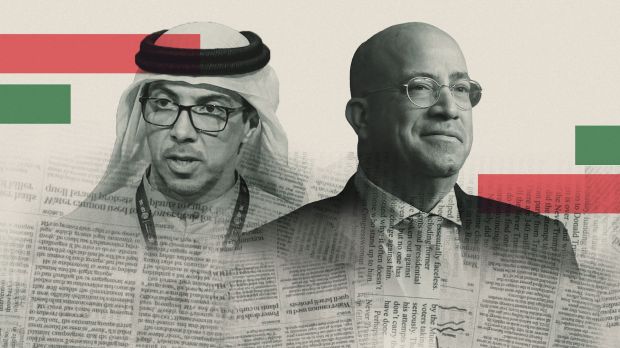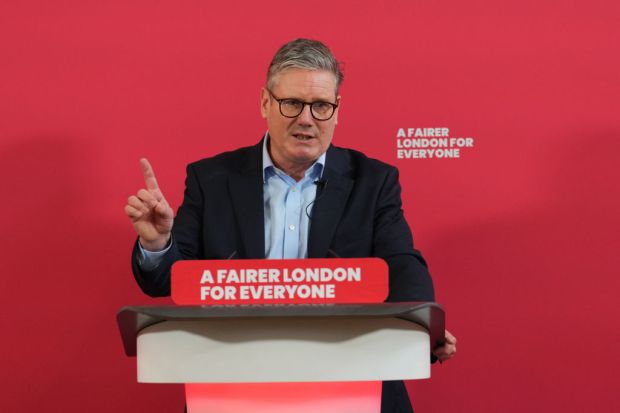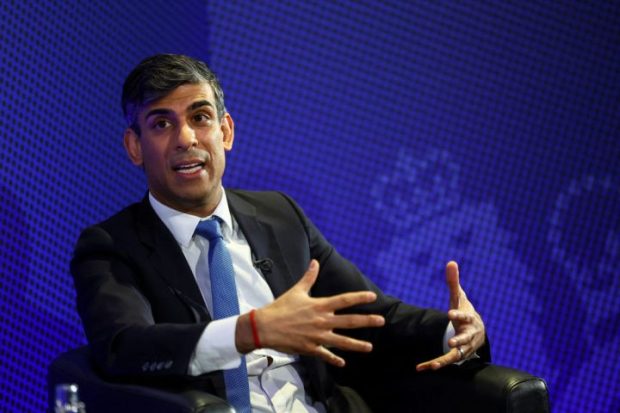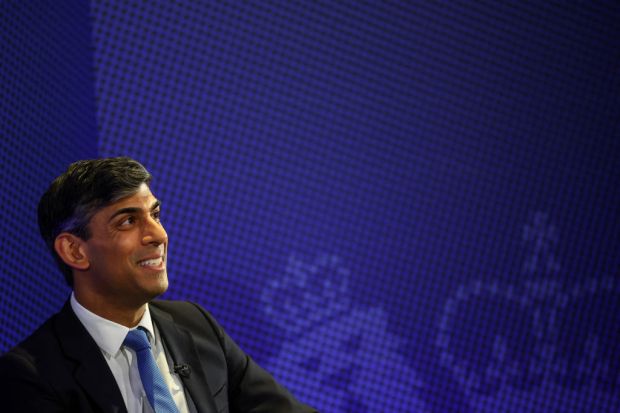It is always a pleasure to see a first-rate mind in action, as we did during today’s Budget. Equally, when a Chancellor gives such an assured performance, especially if his Prime Minister is, shall we say, controversial, it makes people think.
The bubble reputation is a fickle business, especially when Tory MPs are the umpires. In recent weeks, Rishi Sunak’s share price wobbled. Bears came into the market. Was this youngster as good as people had been saying?
There were grumblings on the backbenches – admittedly not an unusual sound in the modern Tory party – about the prospect of tax increases. By the time the Chancellor sat down, the bears were in trouble. Any recent losses had been overtaken by gains.
We can only hope that the British economy shows the same ability to put a spring in its step. But Sunak, the man whom hardly anyone had heard of at the beginning of 2020, had re-established himself as the prime minister in waiting (under Boris, and however long he lasts, it will always be useful to have someone in that role).
Sunak has three qualities which equip him for high office. He is clever, he is likeable and he is tough.
We could add a fourth. In this respect, Sajid Javid would be a strong second, but I am told that Sunak did even better. No other Chancellor since 1900 made so much money and enjoyed so much commercial success before he took office.
People have been asking what Sunak believes. While it is wrong to say that this is an irrelevant question, too many contemporary Tories have a slavish obsession with ideology which clouds their political judgment. A wise Tory should accept that politics is an endless dialectic between principles and opportunities. Rishi Sunak is a wise Tory. David Cameron was once asked to define his political goal. His answer: ‘To make the country stronger and the people more prosperous.’ I suspect that Sunak would concur. What is wrong with that?
One superficially plausible doubt has been expressed about him. So far, he has been pouring out lots of money, and has given the impression that lavishness comes easily to him. Wait until the money is tighter, the sceptics are saying. Then we will see what he is made of.
A moment’s reflection should establish that this is a bizarre criticism. It is like complaining that a crew of firemen who have been working flat out to extinguish a huge fire have been too profligate with water.
Since he became Chancellor, Sunak has had a vastly complex task, though it is easy to summarise. He had the job of saving the British economy. Too little action, and the scars would have been hideous. The combination of lockdown and an economic depression could have led to social unrest.
But there were also risks on the other side of the balance sheet. An increase in borrowing that was unprecedented in peacetime accompanied by an equally unprecedented decline in GDP, plus the difficulties of adjusting to Brexit: the markets might well have concluded this was a country locked in decline and condemned to crisis.
Instead, the Treasury has had no problems in the gilt market. Its strategy has been low and long: a small yield and a well-delayed redemption day. That has worked. Sunak surely deserves a lot of credit for this. Although this clever Wykehamist banker bears no resemblance to an embattled sailor steering a perilous course through mighty waves, thus far, he has been the pilot who weathered the storm.
Can this continue? The storms certainly will. During the Budget, Sunak made great play with forecasts, while acknowledging that a number of recent economic ones have been too pessimistic. He must hope that this will remain the case.
According to the latest estimates, GDP will be back to where it was before Brexit by next year. Thereafter, however, growth will bump along at barely above 1.5 per cent for the next three years. That is a depressing prospect. A proper recovery from the Covid slump needs a higher level of growth. But that may not be impossible.
The Chancellor announced a whole range of supply-side measures, to increase investment, help the regions, enhance productivity and tackle unemployment. If they work, it will feed into growth, and from what I hear, this is not Sunak’s last word on the subject.
That brings us to a further potential blot on the weather forecast: inflation. Between Government largesse and private savings, there is a lot of money sloshing around. Where will it end up? Jobs, output, investment: that would be splendid. Wages and prices, not so splendid. That would inevitably lead to a spike in inflation.
It is impossible to predict the outcome, for it depends on the behaviour of tens of millions of people. But that is a storm cloud which must preoccupy the Chancellor-pilot.
As for the increase in corporation tax, which was widely deplored by many commentators, I think we have to accept the Chancellor’s assessment. A Budget which gave away a great deal of money while also talking about the need for fiscal rectitude was an exercise in psychology as well as economics. Sunak made his call. It would be foolish to assume he was wrong.
One final word of sympathy is appropriate. Sunak is not the only politician to have attracted the recent attention of the bears. They have also been selling Keir Starmer short. That is more prudent. Poor fellow. This afternoon, he gave the least memorable speech which he has ever delivered on an important occasion, and that is saying a lot. Perhaps he should sack his speech-writers. Or perhaps they should sack him.
Got something to add? Join the discussion and comment below.
Get 10 issues for just $10
Subscribe to The Spectator Australia today for the next 10 magazine issues, plus full online access, for just $10.





















Comments
Don't miss out
Join the conversation with other Spectator Australia readers. Subscribe to leave a comment.
SUBSCRIBEAlready a subscriber? Log in